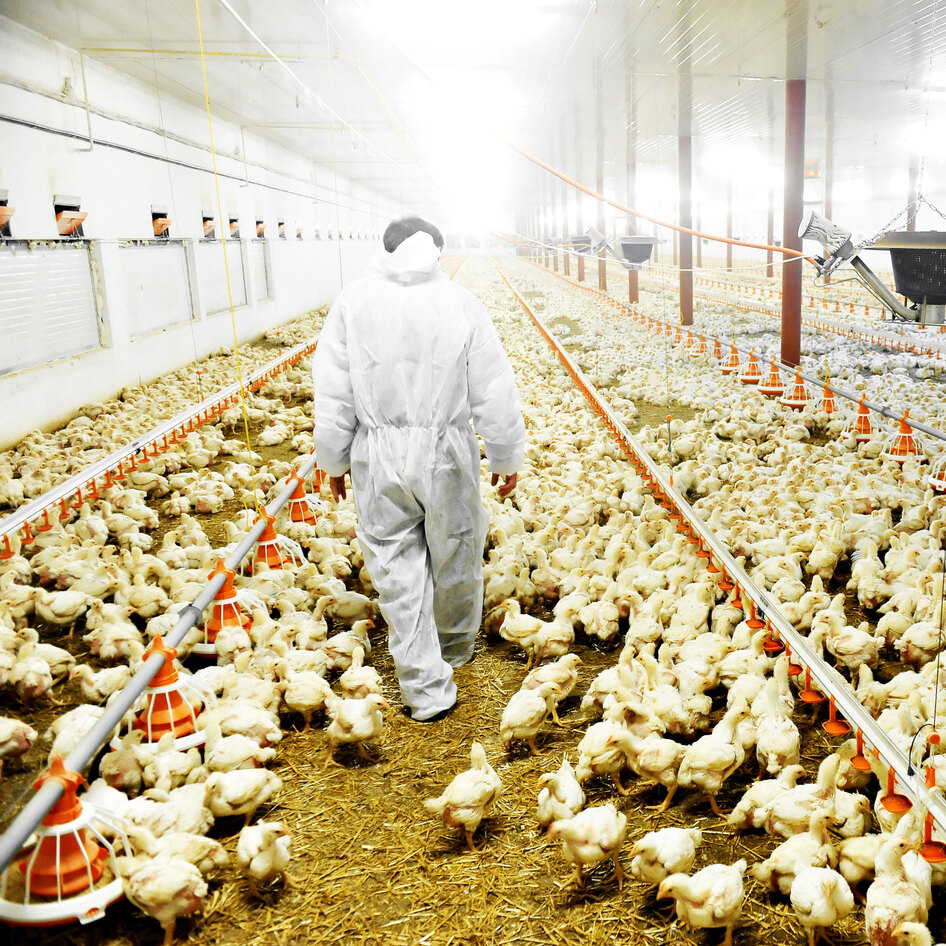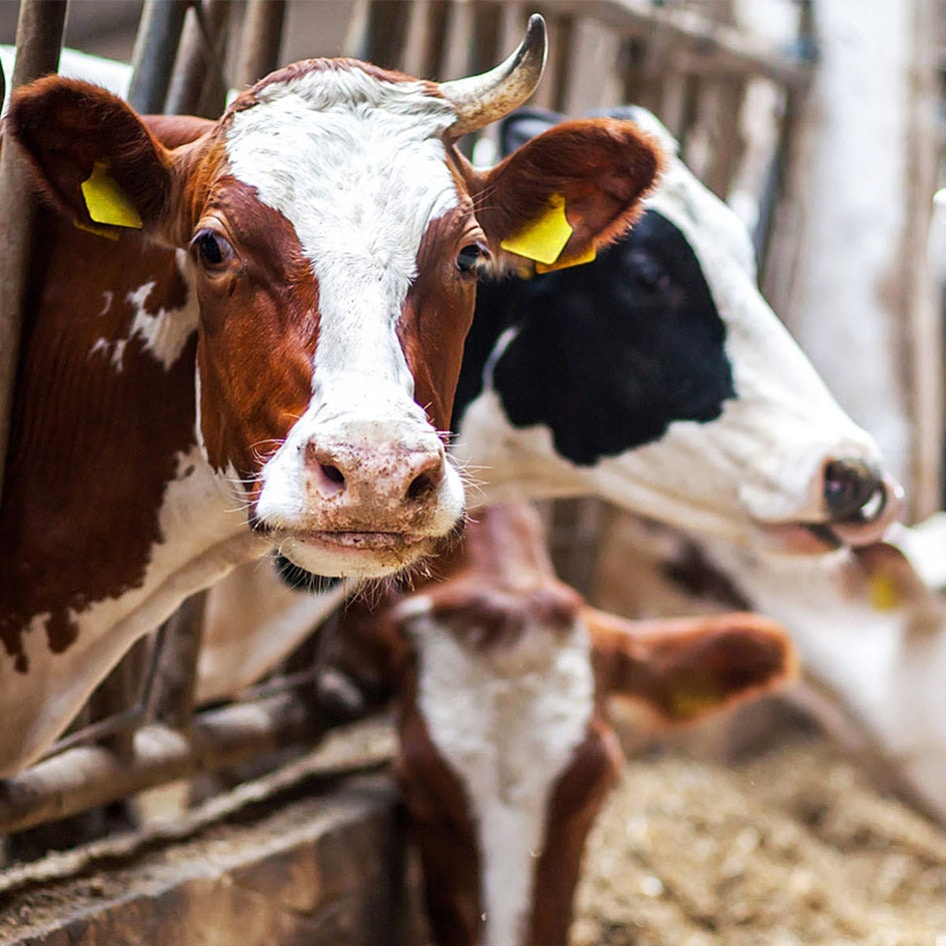Financial institution Rabobank estimates that 200 million pigs will perish this year in China due to the African Swine Flu (ASF) epidemic, which amounts to approximately one third of the country’s pig population. The virus first appeared in China in August and became an epidemic by December, spreading to other regions such as Cambodia and Vietnam. Last month, while the Chinese government stated that ASF was under control, animals across the region continue to die (or are culled as a precaution), raising concerns that China’s pork industry may collapse. “I’m not sure we can say it is under control because we know how complex the disease is,” Vincent Martin, a Food and Agriculture Organization (FAO) representative in China, told CNN. “We have experience in other countries where it took years to get a handle on these diseases.” This year, prices for pig flesh is expected to increase to record highs in the region as demand outstrips supply, and the bubbling trade war with the United States means Chinese imports of the animal product would be costly. As a solution, several companies have begun to offer alternative pork products, sans disease and animal cruelty. Entrepreneur David Yeung launched vegan pork substitute Omnipork in Hong Kong in June 2018 with the mission to curb the region’s reliance on pig-derived products. Last year, Yeung spoke during a conference in Singapore about the impending catastrophe that increased meat consumption will cause, particularly in Asia—an eerie prediction of what is currently coming to fruition in China. “The combination of climate change, food insecurity, and public health issues mean we are at a very critical juncture in the history of the planet,” Yeung said. “If we don’t do something, we will push the limits and no one knows what the impact of that will be. If we continue to consume the way we do now, unless some miracle happens, our food system and ecosystem are bound to collapse.”
JUMP TO ... Latest News | Recipes | Guides | Health | Subscribe







